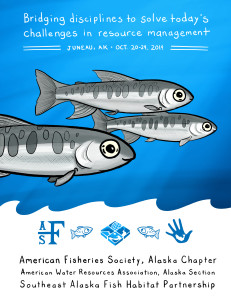Climate Change in Southeast Alaska – Informing Sustainable Management of Water Resources and Anadromous Fisheries, Spring 2016
April 12-15, 2016
Treadwell Conference Room, Baranof Hotel, Juneau, Alaska
Travel details (link to discount information)
Climate Workshop Agenda – Wed/Thurs April 13 and 14
Transboundary Environmental Data Workshop Agenda – Friday, April 15
Background
In 2014, the Tongass National Forest worked with EcoAdapt, with support from the Wilburforce Foundation, to conduct a stakeholder workshop and complete a climate change vulnerability assessment of aquatic resources including snow, ice, water, riparian vegetation, and fish. You can find this report here.
With support from the North Pacific Landscape Conservation Cooperative, the Southeast Alaska Fish Habitat Partnership, and State of Alaska Department of Environmental Conservation, we plan to convene a workshop focusing on:
- Effects of hydrologic regime shifts on rivers, streams, and riparian corridors
- Effects of changes in the hydrologic regime on anadromous fish
Workshop Purpose
Bring scientists together with resource management practitioners to enrich knowledge, foster collaboration, and inform sustainable management of priority aquatic resources.
Anticipated Outcomes
- Share progress and findings of relevant studies
- Distribute analytical tools that could be used for resource management
- Identify knowledge gaps and identify strategic actions
- Integrate traditional knowledge into studies and assessments
- Identify long-term data platforms for aquatic resources
- Endorse a regional watershed classification to discern hydrologic regime shifts
- Develop tools to predict changing ice and snow conditions and implications for hydrologic regimes
- Develop tools to predict response of salmon habitat to changing hydrologic regimes in SE Alaska
Tentative Workshop Outline
April 12th – pre-meeting workgroups finalize meeting preparations
April 13th – Workshop Day 1
- Morning: foundational presentations to all attendees
- Brief overview of EcoAdapt report and other vulnerability assessments, and goals of the workshop.
- Status of climate model downscaling in SE Alaska – respecting variability, understanding limitations and uncertainty, yet providing a common baseline for understanding climate change effects.
- The STEK Science/Traditional Ecological Knowledge Lens
- Monitoring a changing landscape
- Adaptation planning, opportunities for collaboration, tools and resources
- Overview of workgroups and expected outcomes
- Afternoon: key workgroup thematic presentations to all attendees
- Streamflow, watershed classification tool
- Freshwater temperature
- Anadromous fish and Habitat Ecology
- Evening social, poster session
April 14th – Workshop Day 2
- Morning – workgroup thematic presentations
- key workgroup thematic presentations to all attendees (continuation of Day 1 presentations)
- workgroups meet concurrently on tangible outcomes, additional thematic presentations
- Afternoon – workgroups report back to large group, identify future actions
April 15th – Transboundary Environmental Data Workshop (Agenda)– Workshop goals: Identify areas of collaboration in the collection, summary and distribution of water quality and quantity data in Transboundary Waters. Target audience: individuals with technical expertise or interest in the collection, distribution, and analysis of water quality and quantity data for SE Alaska. Workshop contact Terri Lomax, Alaska Department of Environmental Conservation (email: terri.lomax@alaska.gov phone: 907-269-7635); RSVP Amber Bethe (email: amber.bethe@alaska.gov)
Climate Workshop Attendees
Federal and state agency personnel, Tribal representatives, Scientists, Land managers and aquatic resource specialists, Non-governmental organizations
Climate Workshop Planning Team
- Julianne Thompson, Tongass National Forest
- Sheila Jacobson, Tongass National Forest
- Michael Goldstein, Forest Service – Alaska Region
- Gordy Reeves, USFS Pacific Northwest Research Station
- Cindy Hartmann Moore, NOAA Division of Habitat Conservation
- Don Martin, Forest Service – Alaska Region
- Neil Stichert, US Fish and Wildlife Service
- Gretchen Pikul, Alaska Department of Environmental Conservation
- Ray Paddock, Central Council Tlingit Haida Indian Tribes of Alaska
- Allison Bidlack, Alaska Coastal Rainforest Center
- Sanjay Pyare, University of Alaska Southeast
- Collin Shanley, The Nature Conservancy
- Mark Kaelke, Trout Unlimited
- Scott Harris, Sitka Conservation Society
- Debbie Hart, Southeast Alaska Fish Habitat Partnership
Climate Workshop Meeting Contacts
Julianne Thompson – Meeting Chair, USFS 907-772-5873, jethompson02@fs.fed.us
Deborah Hart – Meeting RSVPs/logistics, SEAKFHP 907-723-0258 / coordinator@sealaskafishhabitat.org

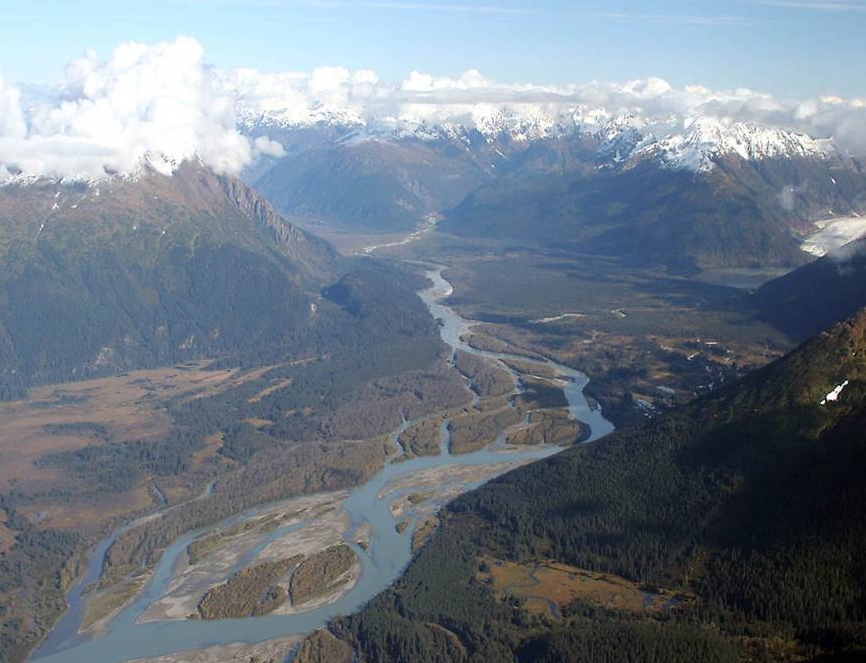
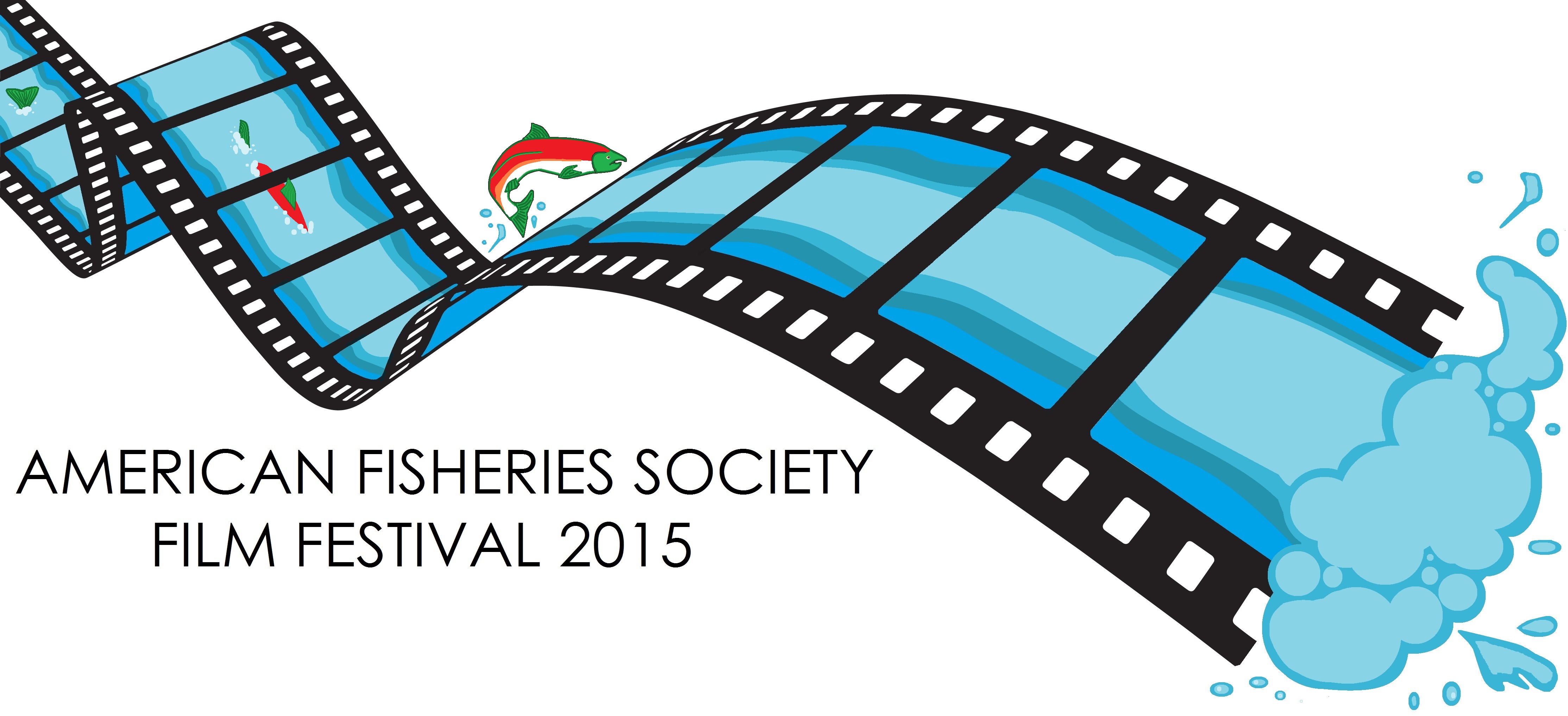
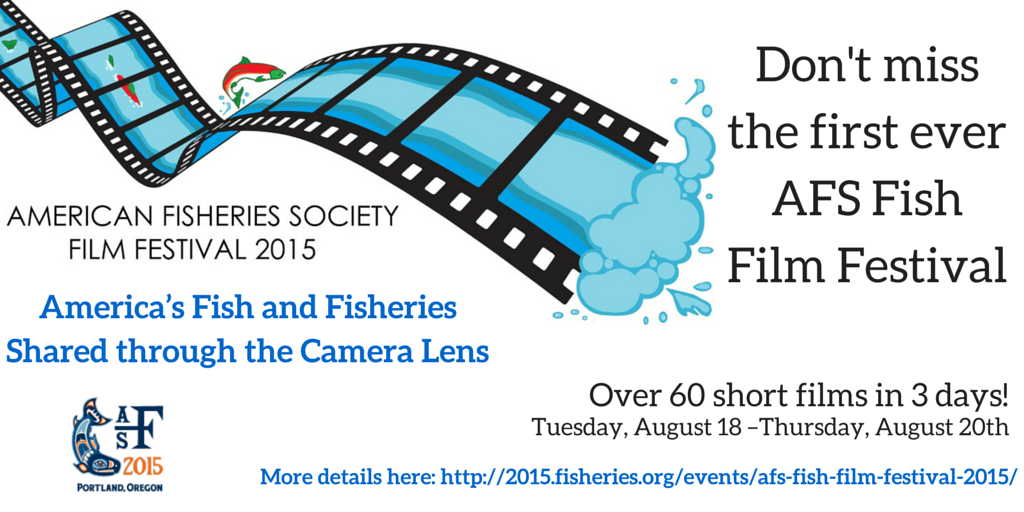
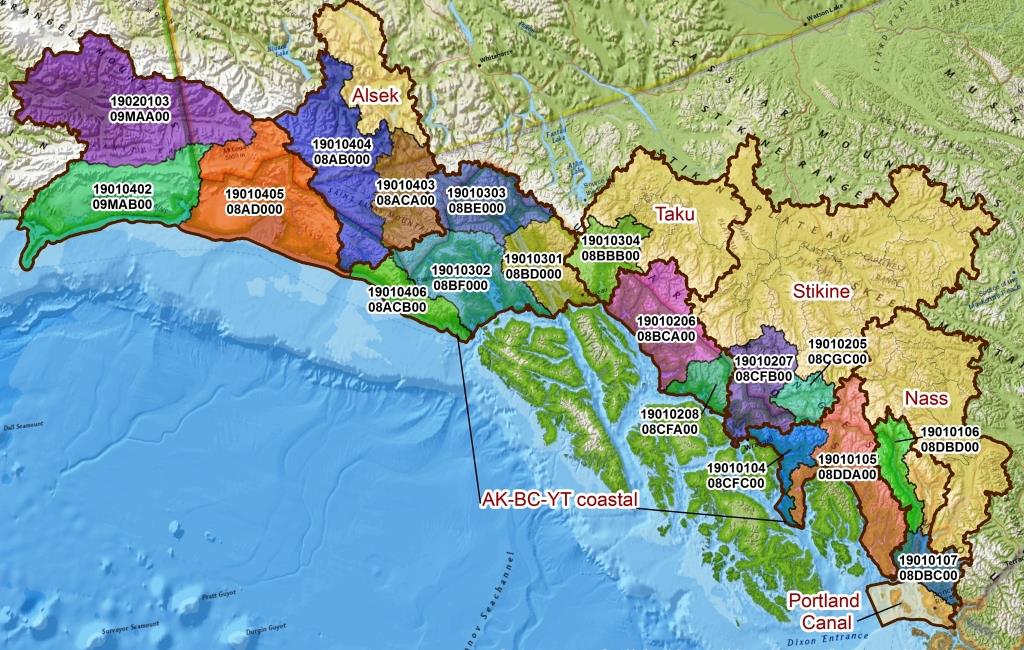
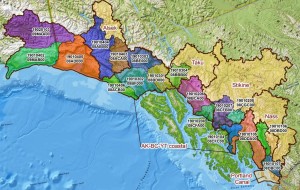
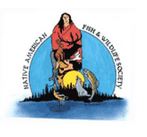
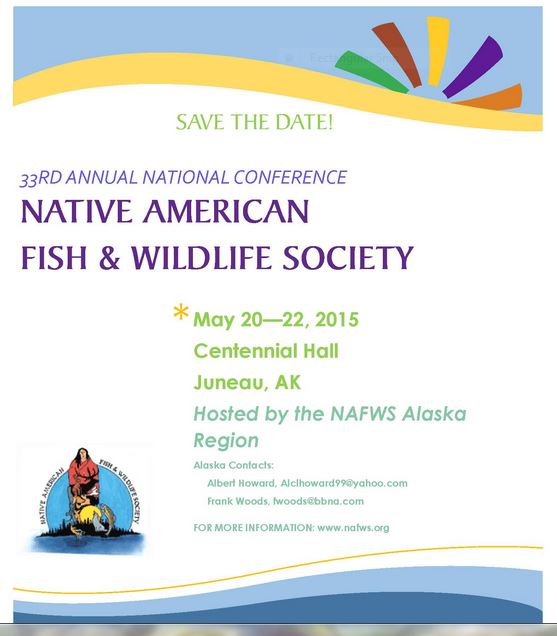
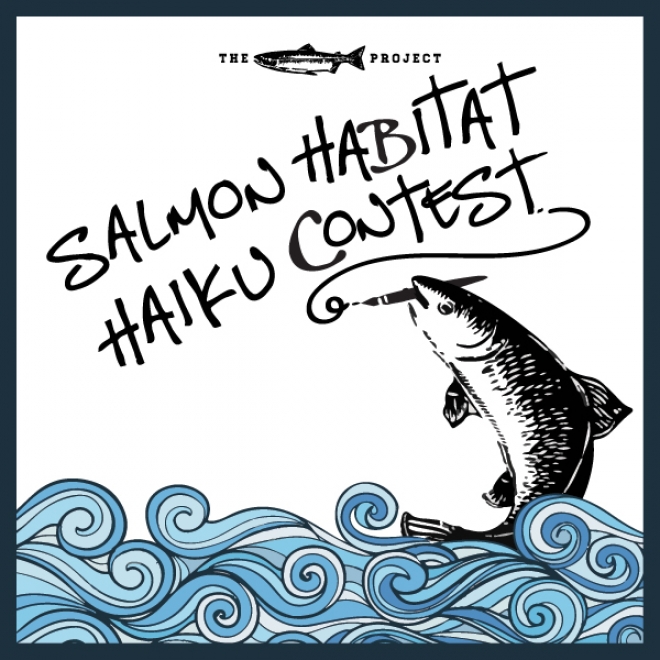
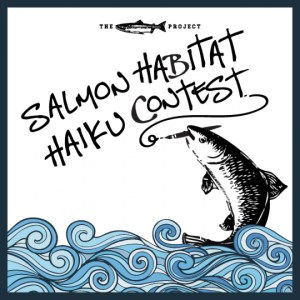
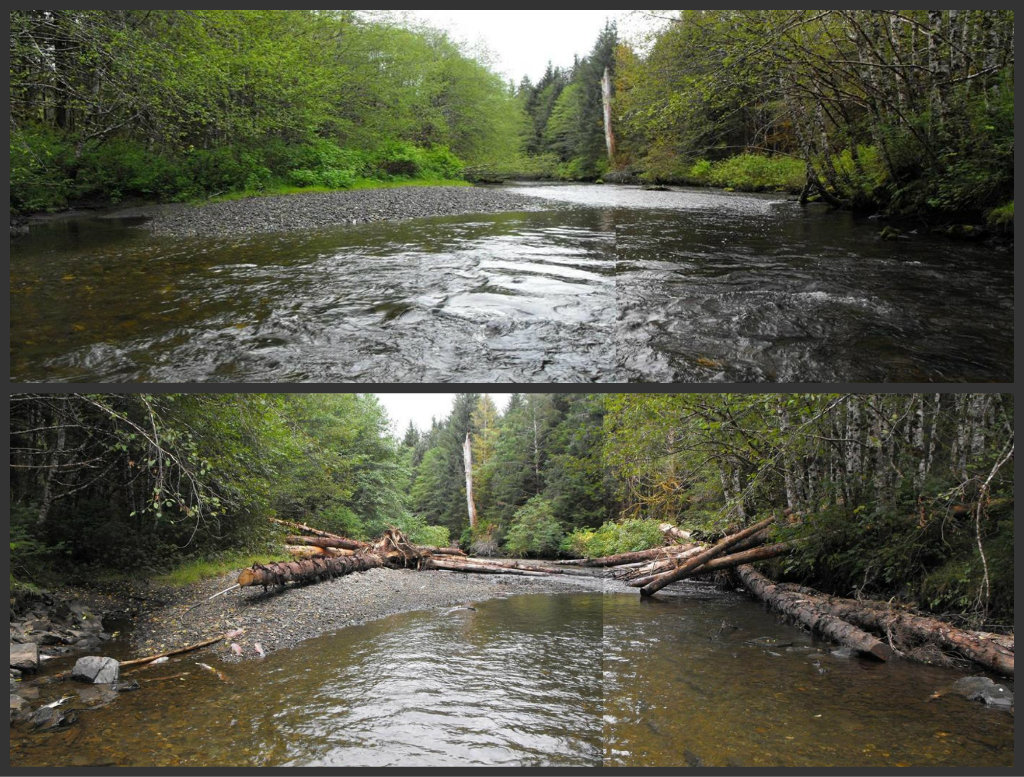
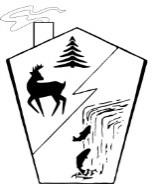
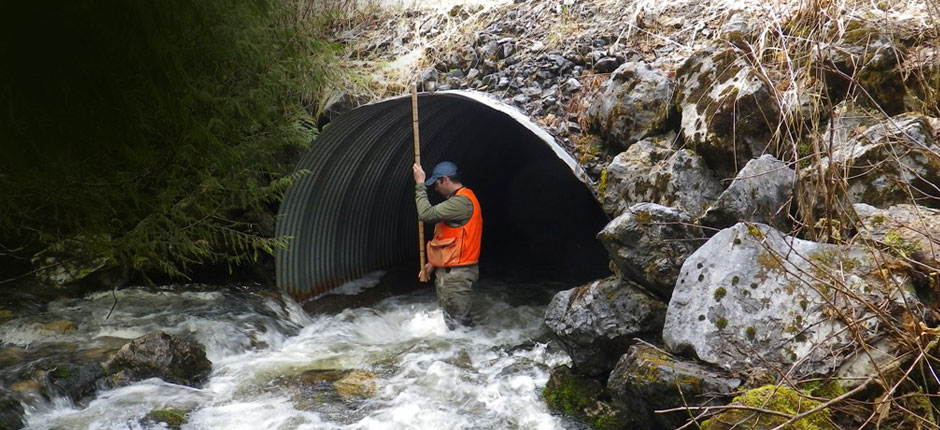
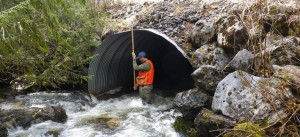
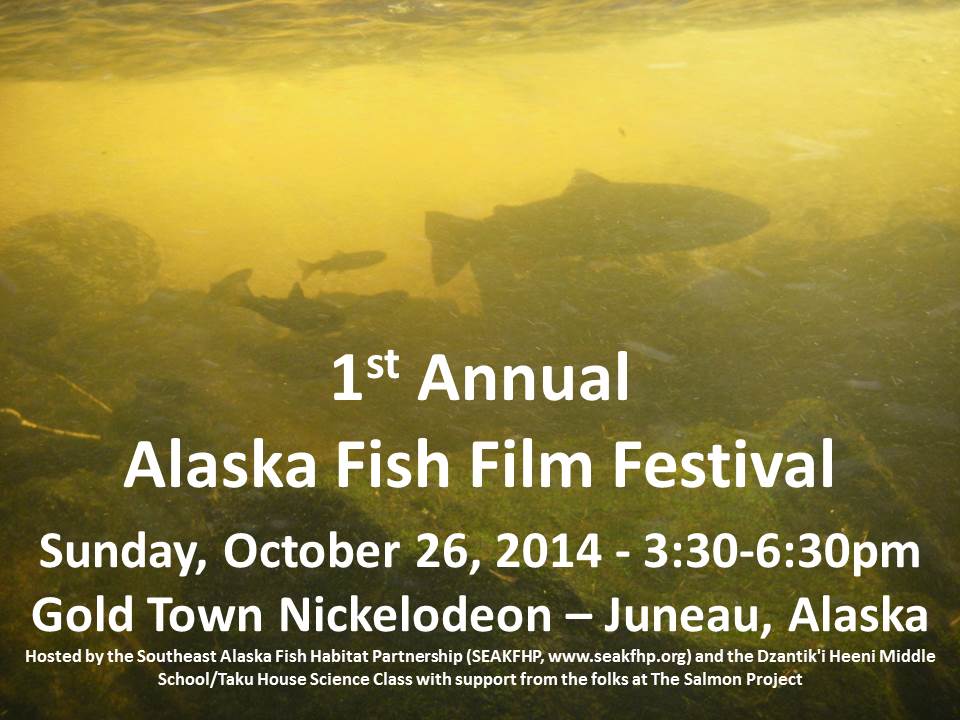
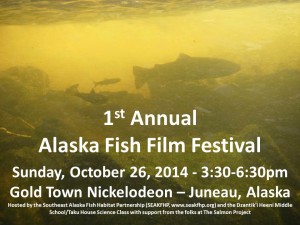 d habitat needs of different species, how ordinary people are helping conserve fish and their habitats, and more.
d habitat needs of different species, how ordinary people are helping conserve fish and their habitats, and more.